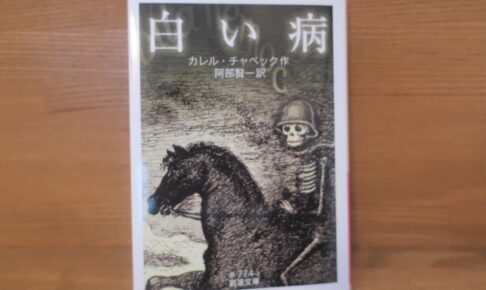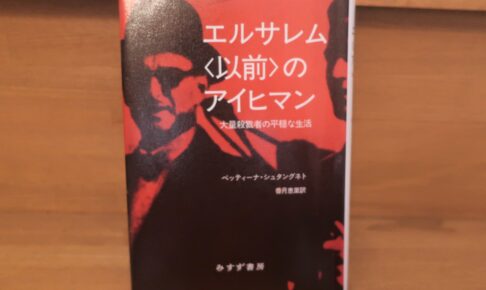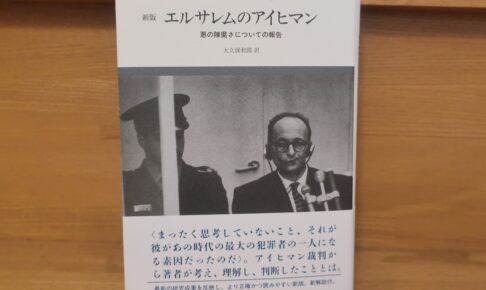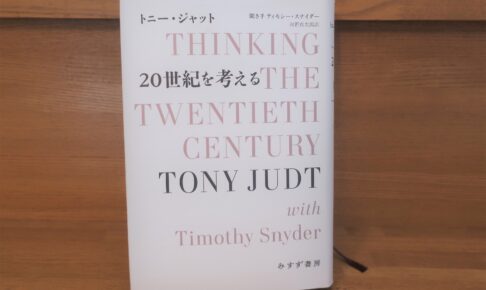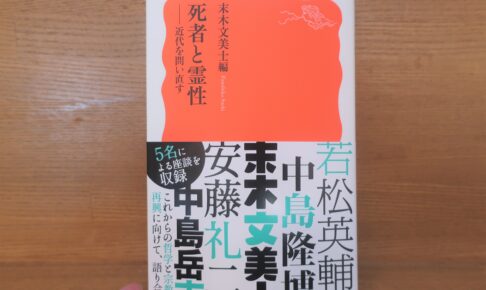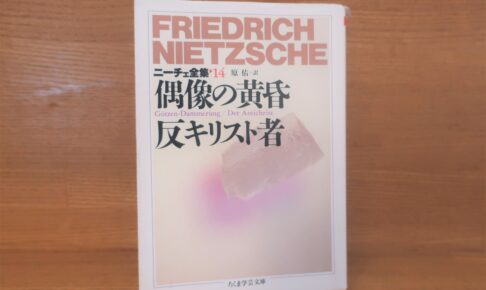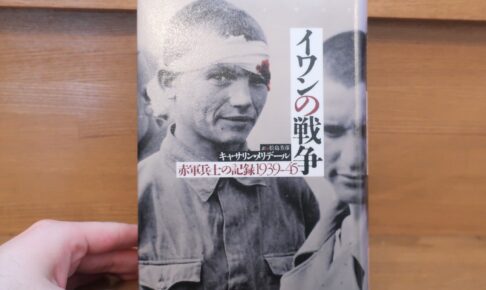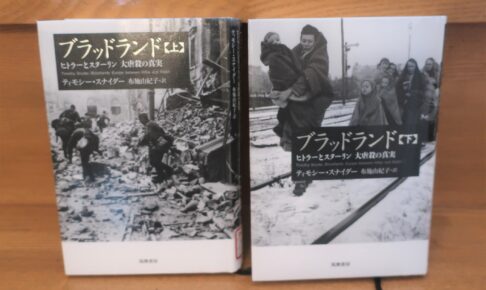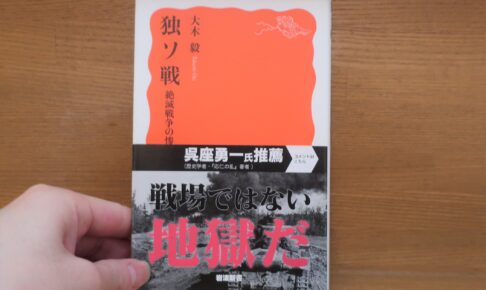Chapek's "White Disease" Synopsis and Impressions - An unknown plague suddenly begins to spread in the world just before the war! What is the fate of mankind?
This work is science fiction written in the form of a play, and is quite compact, with only a little over 150 pages in the paperback edition. However, like his masterpiece "Robot," it is surprisingly dense. I was drawn into the story and read through it in no time. This work is also full of Chapek's charm. I highly recommend this work.












